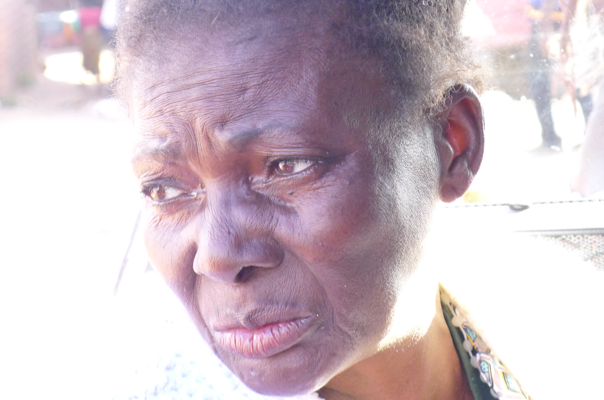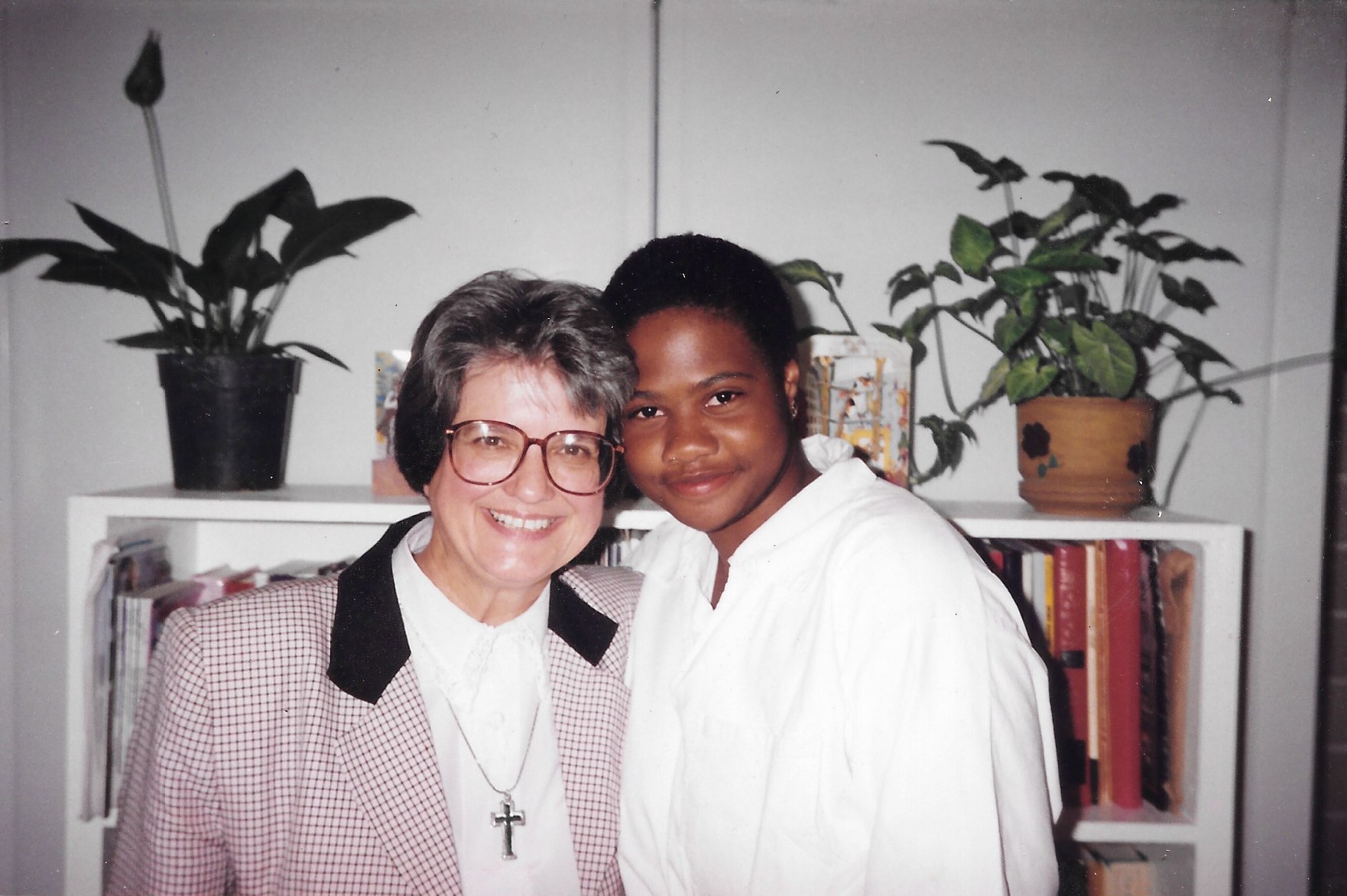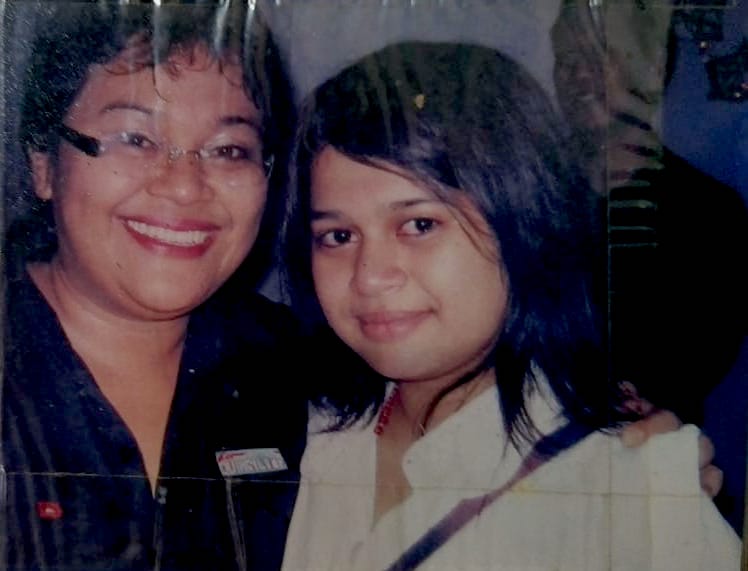The Alice Project: Cornell Center on the Death Penalty Worldwide
Overview:
Advocates, activists, and scholars have long neglected the plight of women facing capital punishment, whose unique needs and challenges are often overlooked in criminal legal systems designed by and for men. The Alice Project is the first global research-based advocacy project fighting gender discrimination in death penalty cases. We combine research, advocacy, training, and legal representation for women and gender minorities facing the death penalty to illuminate the intersectional discrimination they face before, during, and after trial.
The Alice Project honors Alice Nungu and the many women and girls who have suffered under legal systems blind to the discrimination and inequality that have marked their lives.
 Click Here to learn about Alice's story
Click Here to learn about Alice's story
Research:
Women and gender non-conforming people represent an understudied population on death row. Only a handful of scholars and activists have devoted attention to the impact of gender on capital sentencing patterns, and none have examined the issue from a global perspective. The empirical comparative data is often fragmentary and superficial. For many countries, we lack even the most basic information, such as the number of women on death row and the offenses for which they were convicted. The Center aims to bridge these gaps in knowledge by conducting qualitative and quantitative research into the causes and consequences of women’s capital sentences.
In September 2018, the Center published a global study on the situation of women and girls facing the death penalty around the world, Judged for More than Her Crime. The report analyzes the available evidence from around the world to conclude that women often receive death sentences in proceedings inflected by gender bias and in a legal system that is blind to the gendered realities of women’s lives. Many courts, for instance, fail to consider domestic violence as a factor mitigating against the imposition of capital punishment in cases where women kill their abusers. Courts frequently fail to consider the gendered reality of women’s lives when deciding whether or not to pass a sentence of death, and women who do not conform to gender expectations are likely to receive harsher sentences. Our report also emphasizes that the death penalty exacerbates pre-existing gender inequalities, exposing women to lower quality legal representation (because women generally have fewer resources than men), a dearth of critical family support, and harsh conditions of imprisonment.
Our research will lead to further thematic reports exploring the intersection between gender and the death penalty.
 Erica Sheppard: a teenaged victim of rape, domestic violence, and discrimination. Read more about her case here.
Erica Sheppard: a teenaged victim of rape, domestic violence, and discrimination. Read more about her case here.Advocacy:
Building a movement lies at the heart of our advocacy to promote the rights of women and gender non-conforming people facing a sentence of death. Whether we are fighting an individual injustice or a group harm, our advocacy before national courts and international human rights bodies builds upon the data and analysis we develop in our research, and the precedent-setting strategies we refine with our partners. Our objective is to strengthen legal actions that highlight the systemic nature of gender-based discrimination, so that our work benefits not only our individual clients, but also the development of international law itself.
We focus on an intersectional approach to advocacy for women on death row. This means that we rely on partnerships with organizations and experts working in other fields, including gender, mental health, poverty, and migrant rights, to understand how each sphere of disadvantage interacts with criminal law.
 Merri Utami and her daughter, Devi. Click to read Merri's Alice profile.
Merri Utami and her daughter, Devi. Click to read Merri's Alice profile.
Training:
In order to build a movement for positive change, it is critical that advocates educate stakeholders on issues of gender and intersectional discrimination. Our gender-sensitive training program increases the capacity of criminal defense lawyers to defend women and gender non-conforming people facing the death penalty, to investigate and present gender-specific mitigation, and to combat gender bias in the courts. We have also participated in regional judicial trainings and developed resources for use by lawyers, judges, and policy-makers to offer practical guidance on how to incorporate a gender lens into their work.
Our plans for the future:
- represent vulnerable women around the world facing the death penalty, bringing strategic litigation on the issue of gender-based violence
- assist death row clients on Tanzania to bring their cases before the African Court on Human and Peoples' rights
- educate decision makers and the public about the connection between gender-based violence and the crimes for which women are sentenced to death in the United States and around the world.
$25
Research
Our research will lead to further thematic reports exploring the intersection between gender and the death penalty
$50
Advocacy
Building a movement lies at the heart of our advocacy to promote the rights of women and gender non-conforming people facing a sentence of death.
$150
Training
In order to build a movement for positive change, it is critical that advocates educate stakeholders on issues of gender and intersectional discrimination.
$300
Save Lives
Your donation saves lives. The Cornell Center on the Death Penalty Worldwide produces groundbreaking research on capital punishment around the world, advocates on behalf of the most vulnerable prisoners, and trains attorneys to represent indigent people facing capital charges.
$1,000
Achieve
Since the Center’s launch, our work has saved lives and helped to achieve justice
